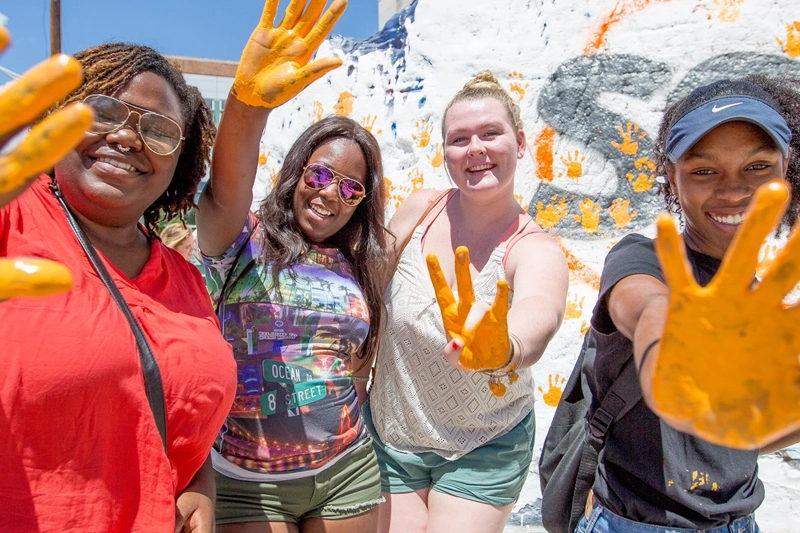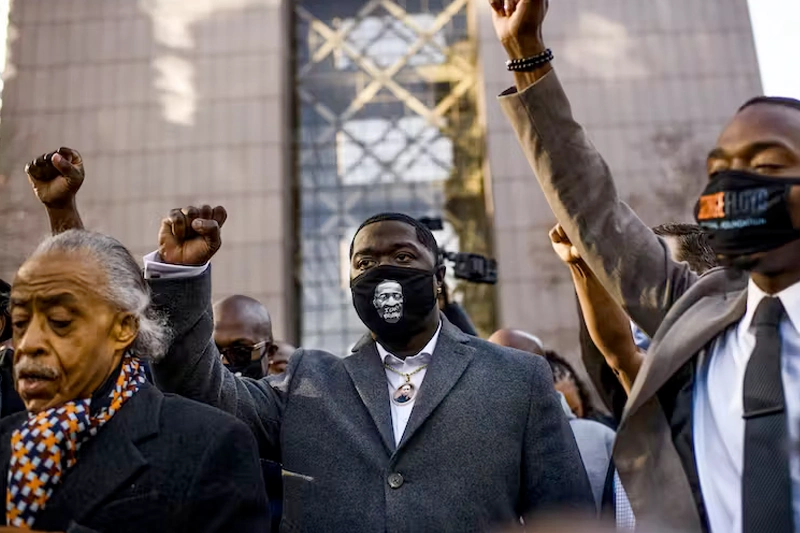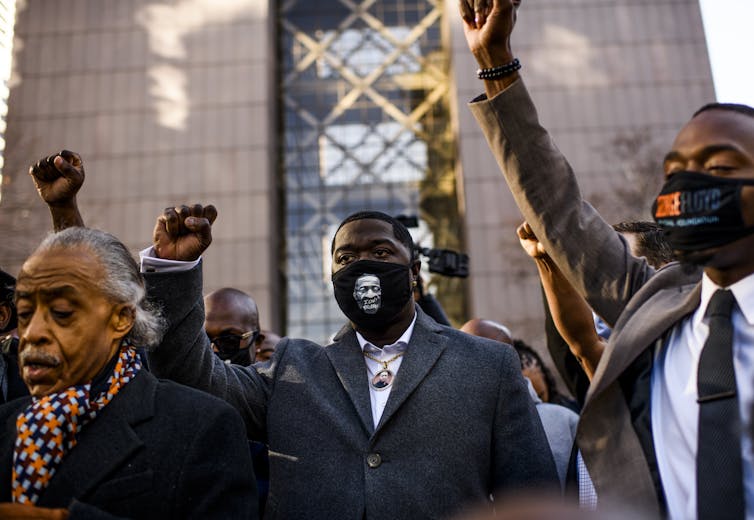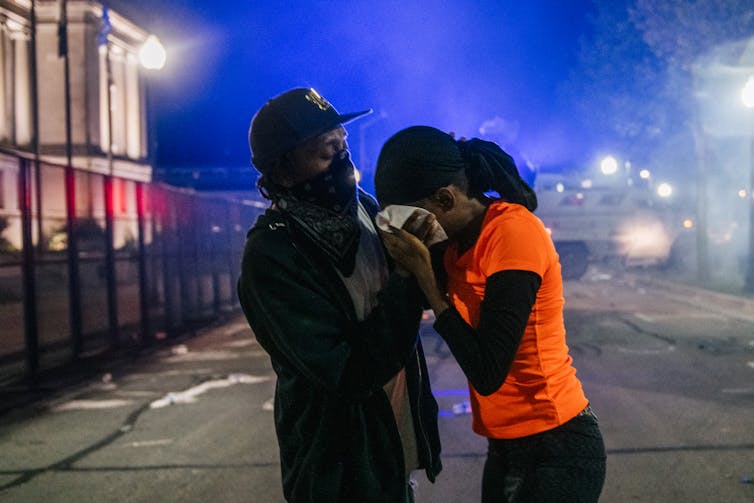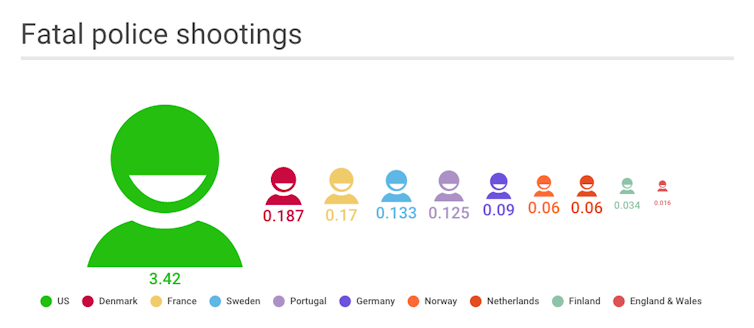Statement and resources on racial justice and police violence by the department of sociology at the University of Tennessee
The UT Department of Sociology stands with all recent efforts to protest against 400 years of racial oppression. We have not yet put out a statement because there are so many eloquent statements being put out, by our colleagues and by the associations with whom we are affiliated. These include:
· THE AFRICANA STUDIES PROGRAM AT THE UNIVERSITY OF TENNESSEE CONDEMNS GEORGE FLOYD’S HOMICIDE
· THE WOMEN, GENDER, AND SEXUALITY PROGRAM AT THE UNIVERSITY OF TENNESSEE: RESOURCES FOR JUSTICE WORK
· AMERICAN STUDIES ASSOCIATION PRESIDENT’S STATEMENT ON BLACK LIVES MATTER AND THE REBELLION OF 2020
· “Allies, Don’t Fail Us Again” – Charles Blow, NYT
· “America, This is Your Chance” – Michelle Alexander, NYT
· READING TOWARDS ABOLITION – A reading list by critical historians and scholars on policing, rebellion, and the criminalization of Blackness
We encourage our non-Black students to do the proactive work this summer to engage and study the resources, texts, and ideas in these links. Many of these resources are authored by colleagues we have worked with across the years and whose work we will continue to use in the classroom. We also look forward to bringing our own research on these issues into our discussions and classrooms this Fall as many of us have centered our scholarship in these pursuits.
As people of color across this nation know, and as we have taught, the protest wave we are seeing is not just in response to the inequities manifested in the suffering caused by the pandemic, nor by the recent documentation of murders of black people by police. As horrible as these events have been, these are just the most recently apparent symptoms of structural racism that have laid waste to communities of color for centuries. We share the disgust and outrage at the events and the history underlaying them.
But we are also greatly encouraged by this most recent protest wave. We are awed by the unremitting strength of those who have taken to the streets. We are especially inspired by the young people who have led so many of the protests nationwide. We are excited about the city officials who have pledged to rethink policing in order to reimagine community-led public safety, but wary of how progressive policies have so often been derailed in the past. And we recognize that diminishing police budgets and rethinking safety are only the very first step in addressing centuries of savage discrimination and racism. But we are hopeful in this amazing moment, and pledge to continue to do our part to be a part of the movement, to listen carefully and act wisely. We hope you will too. We will see you in the streets, in the halls of government, and in our classrooms.
